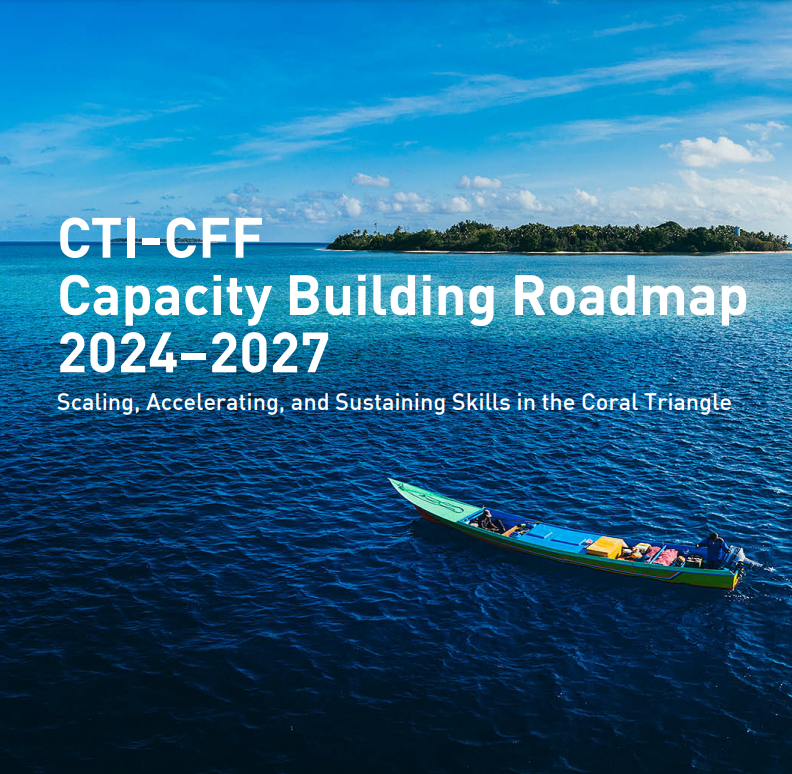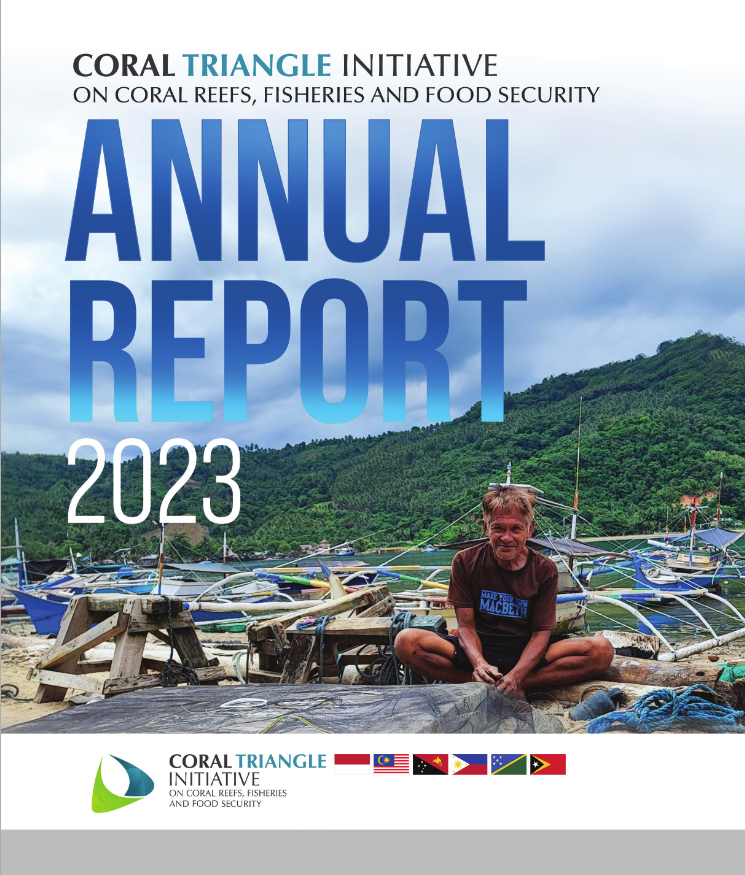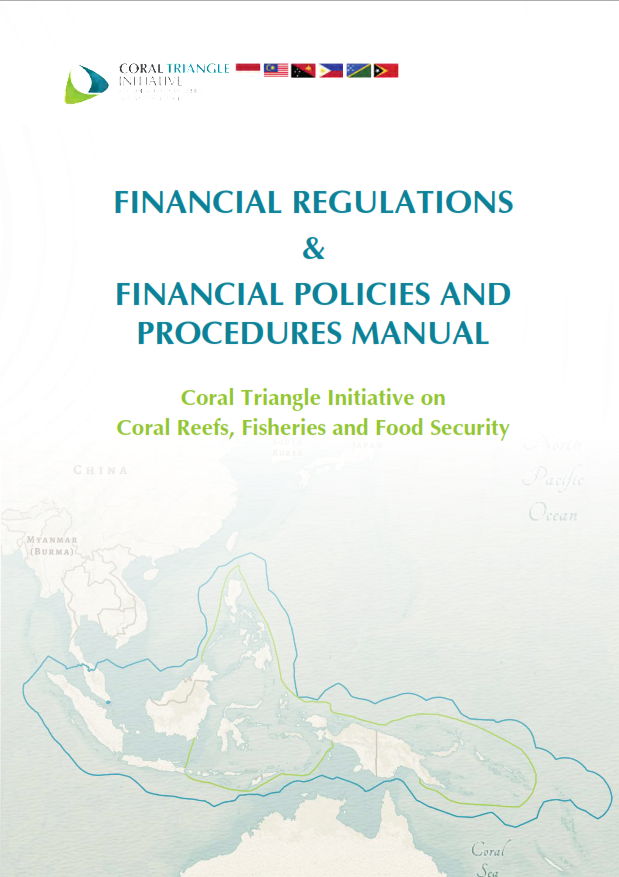Marine Protected Areas Could Help Pacific
Source: PNG Post Courier, September 19, 2013
Increases in aquaculture investments and designation of marine protected areas are key strategies that could be adopted to help Pacific Coral Triangle countries adapt to climate change, says a new report from the Asian Development Bank (ADB) and the International Food Policy Research Institute (IFPRI).
Climate change and development strategies for coastal communities of the Pacific coral triangle countries was launched on September 18, 2013 at a workshop co-hosted by the government of Vanuatu, ADB and IFPRI, assessed development strategies for the Pacific Coral Triangle countries in response to projected impacts of climate change on key coastal and marine resources.
“The demand for fish and seafood in the Pacific region is expected to substantially increased for the period up to 2050,” said Marilou Drilon, senior natural resource economist from the ADB’s Pacific Department. “Solutions need to be tailored to the conditions of each Pacific country. Aquaculture and marine protected areas can be important parts of their adaptation strategies,” she added.
The IFPRI/ADB report delivers policy advice for strengthening institutional capacity in preparation of economic analysis of climate change and development strategy plans at the national level. The report developed a fisheries sector supply and demand model covering six key fisheries: tuna, other oceanic fin fish, coastal fin fish, coastal invertebrates, freshwater fin fish, and freshwater invertebrates.
It found that growth of domestic fish production was likely to be relatively slow in the period up to 2050 due to climate change and other constraints. The study also found many of the Pacific coral triangle countries could become net importers of fish and other per capita consumption of domestically produced fish could decline without significant adaptation measures.
Attended by senior government officials, national development planners and other partners, the workshop aimed to update stakeholders on the highlights of the report and gather feedback on findings of the study and its recommendations. The study was conducted in the Pacific Coral Triangle countries including Fiji, Papua New Guinea, Solomon Islands, Timor-Leste and Vanuatu.
For more information about the study, contact the ADB Pacific Coral Triangle team using this link.



